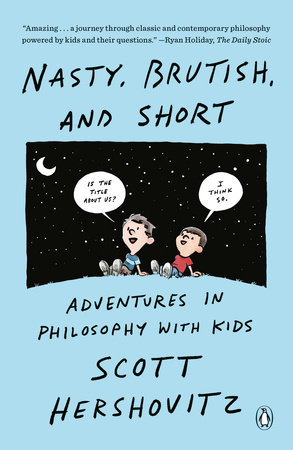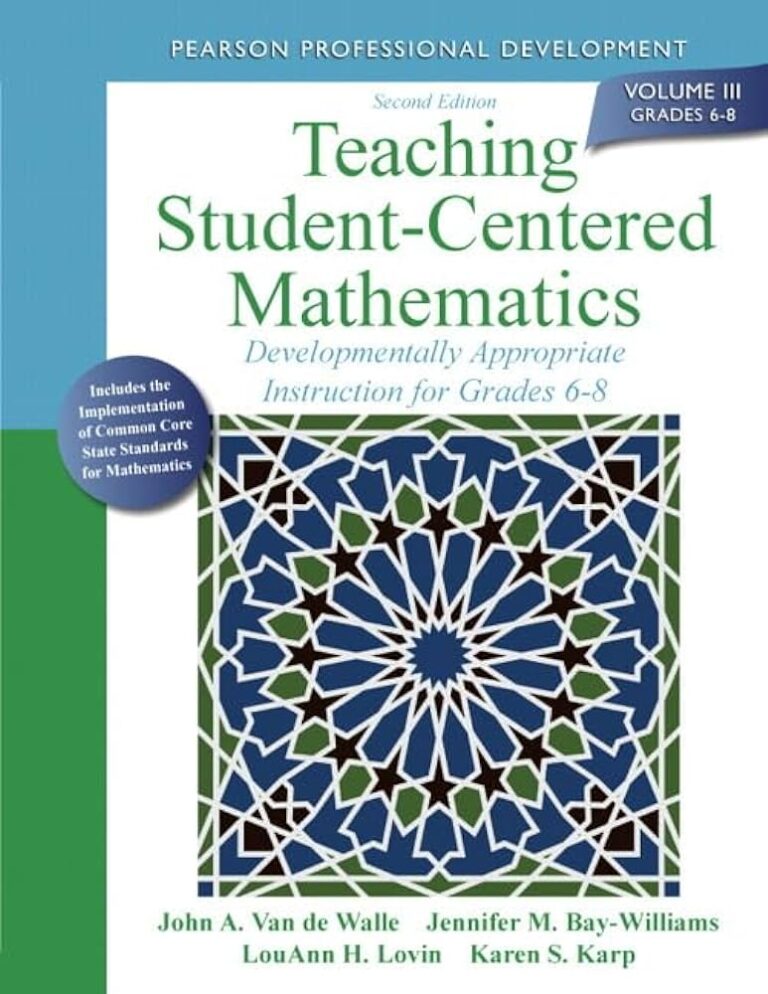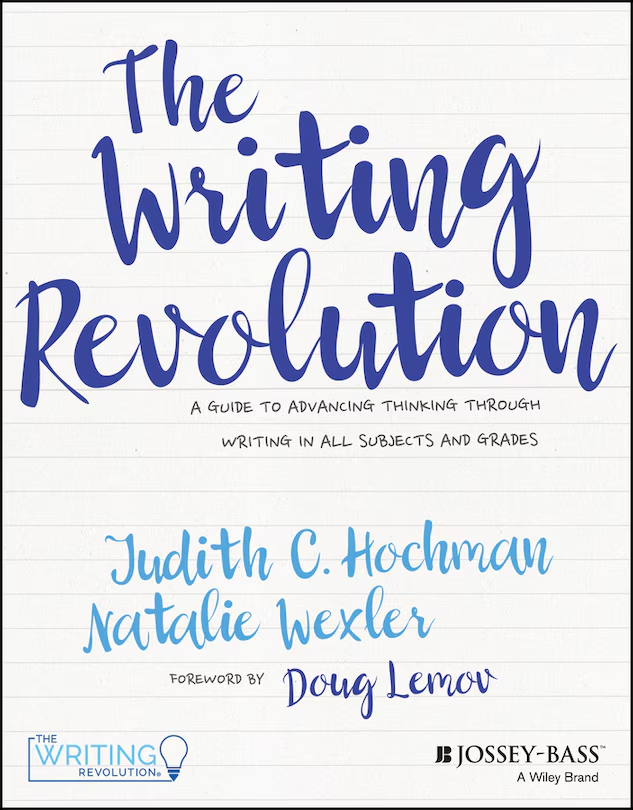About two years ago I read an article in which someone took questions asked by kids and answered them in earnest. It was the coolest thing to me, the respect for the children’s curiosity and intelligence was just so wholesome, I wanted to read more. So ignoring the feeling that the article was clearly meant to promote the book, and that I was probably falling prey to manipulative sales tactics, I went right over and bought it.
And no, I’m not trying to manipulate you right now, I’m just telling you about a book I enjoyed, and outright saying, maybe you might like it too. Get it at your local library or go buy your own copy.
With that out of the way, here is an excerpt of the article that hooked me on to the book.
Why are there numbers? Sahil, 5
Philosophers argue about this, Sahil. Some think we made numbers up – that people created them to help us solve problems. (The fancy word for this is fictionalism, since the idea is that we’re telling stories about numbers.) If we did invent numbers, that was a really good idea. Numbers are amazing; we can do so many cool things with them. We use them to play games and bake cakes and make sure our spaceships get to the right destination.Other philosophers think we discovered numbers, just like we discovered gravity and electricity. (This is called Platonism, after the philosopher Plato.) They think that numbers would exist even if we didn’t. I think that’s probably right. There are mathematical patterns all over nature. Lots of flowers have either three, five, eight, or 13 petals. Those numbers appear in the Fibonacci sequence – a special set of numbers named after an Italian mathematician. Fibonacci wasn’t the first to notice that set of numbers, though; mathematicians in India described it long before he did. But flowers seem to have got there first. So I think that numbers are a part of the world that we discovered, even though we can’t see them, smell them, taste them or touch them.
What are our lives for?’: a philosopher answers kids’ existential questions
Turned out that the someone answering the questions is a philosopher by profession. His bio over at Random House tells that Scott Hershovitz, directs the Law and Ethics Program and teaches law and philosophy at the University of Michigan, was a Rhodes Scholar at Oxford, served as a law clerk for Justice Ruth Bader Ginsburg of the U.S. Supreme Court, is married to Julie Kaplan and is dad to Rex and Hank.
In the book he answers Rex and Hank’s questions from the view point of various schools of thought. His style is relaxed and funny. It’s a very easy book to read. I had it by my bed for the summer of 2022, and I’m sure it’s influenced the way I speak to my students.



